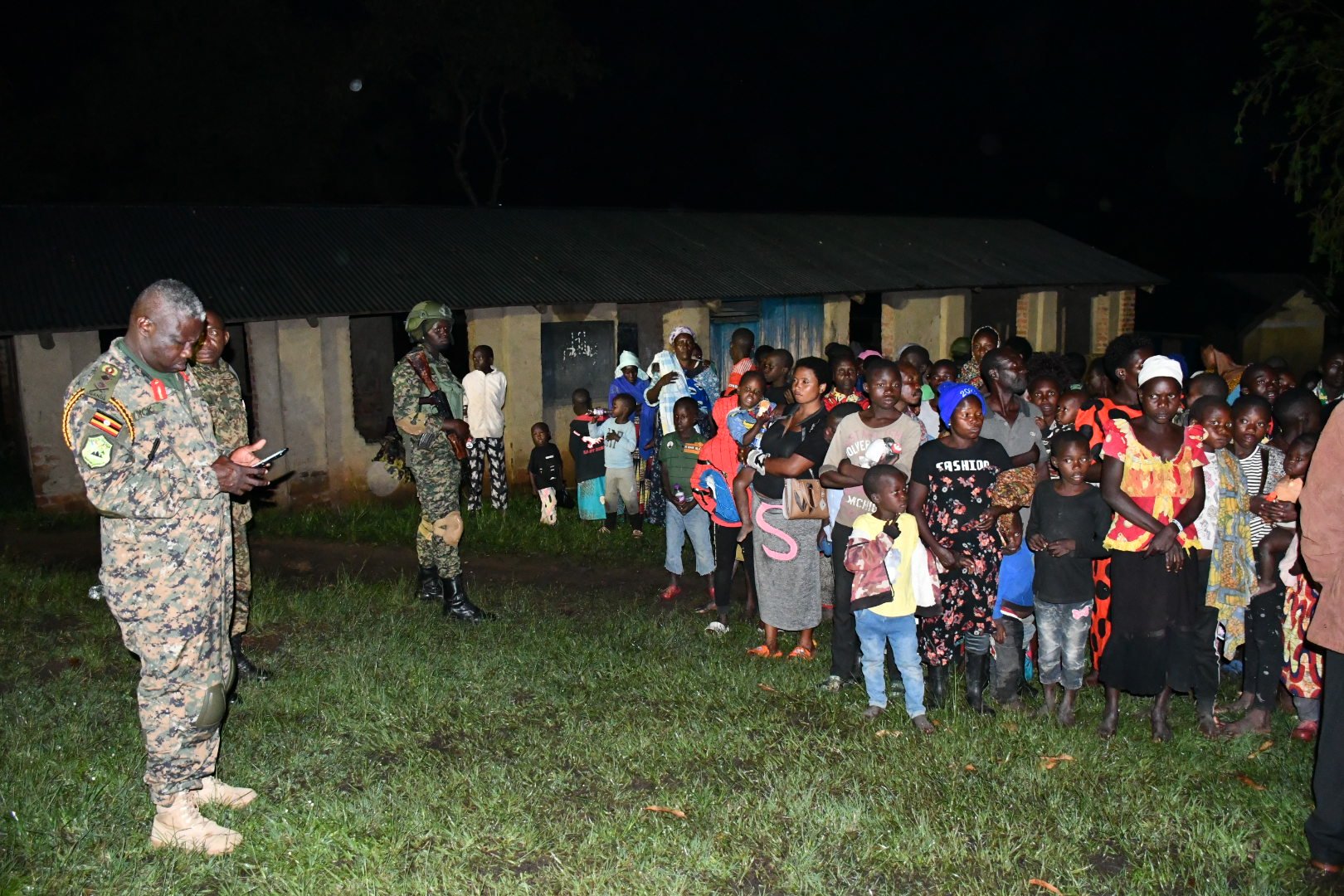Prime
ADF rebels and the Museveni saviour complex

Author: Phillip Matogo. PHOTO/FILE
What you need to know:
- UPDF mouthpiece, Brig Felix Kulayigye, said eight enemy fighters were also captured alive by the Ugandan army.
On Tuesday, news filtered into our collective consciousness that the Uganda People’s Defence Forces (UPDF) had captured eight Allied Democratic Forces (ADF) fighters following clashes in Ntoroko District, in the western region of Uganda.
As related by the UPDF, an infantry platoon of 30 ADF fighters on Tuesday morning attacked villages in Bweramule Sub-county, Ntoroko, after crossing over from the Democratic Republic of Congo (DRC).
This rebel sortie prompted hot pursuit of the insurgents by the UPDF, culminating in a battle in which 11 ADF fighters were killed.
UPDF mouthpiece, Brig Felix Kulayigye, said eight enemy fighters were also captured alive by the Ugandan army.
“A total of 11 SMGs and one PK gun have been charged from the ADF whereas one of our soldiers was killed in action. The operation is ongoing,” Brig Kulayigye added.
War is rarely a good thing. However, war is essentially not about what is good nor what is bad.
It is, as Carl von Clausewitz said, “Not merely a political act but a real political instrument, a continuation of political intercourse, a carrying out of the same by other means.”
By this token, war between the UPDF and ADF is a dialectic of will by which the primacy of politics characterises the nature and content of conflict between the two antagonists.
Before I proceed with what I intend to put across, we may agree on two baselines.
One, ADF is considered a terrorist organisation by the Ugandan and US governments owing to its ties with ISIS, which is short for the Islamic State of Iraq and Syria.
Former president of the US, Barack Obama, used the acronym ISIL, which stands for the Islamic State of Iraq and the Levant, however.
Anyway, these ties were established in late 2018.
Two, the Ugandan government is a civil-military expression of the specific interests of Uganda’s ruling group.
Now, the government would prefer peace with the ADF, if that is what preserves its power. However, if war preserves its power, it would prefer war.
Thus, the common denominator in any action by the government is the will to power. This is where the politics comes in.
Ever since President Museveni embarked on his political journey, he has “saved” us from one threat or another.
In the 1980s and 1990s, we were “saved” from Milton Obote by supporting Mr Museveni.
When Obote died, he was replaced by someone else who we also needed to be saved from, viz. Dr Kizza Besigye.
Even Mr Museveni’s Front for National Salvation implied his (Museveni’s) saving us from Idi Amin.
Now Besigye is all but defeated, the threat of the ADF keeps rearing its unhandsome head.
This new threat is in keeping him with a bogeyman tactic deployed to scare Ugandans into seeking Mr Museveni as their saviour.
To be sure, this tactic of using a bogeyman is not new in politics. In George Orwell’s classic allegorical satire on the Russian Revolution, Animal Farm, Napoleon kept warning about Snowball’s threat to the animal population.
Incidentally, the bogeyman is a type of mythic creature used by adults to frighten children into good behaviour. And since Mr Museveni is “Father of the Nation”, this implies that we are his children. So, he is always having some spook story to keep us in line would be in keeping with his paternalistic rule.
I am not saying Mr Museveni created the ADF. But its presence does speak to the narrative of his politics being of a salvationist-cum-White Knight syndrome.
And that is something worth factoring into this war against the ADF.
Mr Matogo is a professional copywriter
[email protected]




